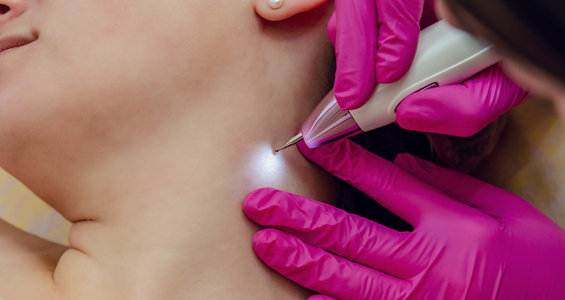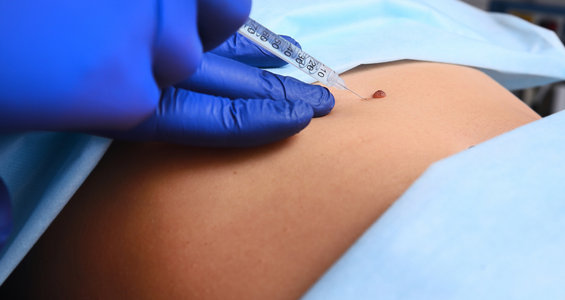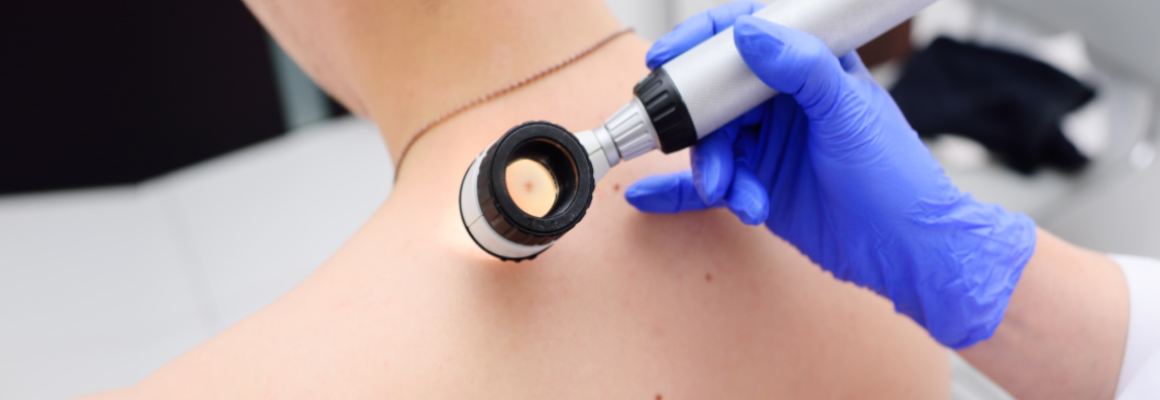
Skin Cancer Screening Dubai
Skin and Cervix Cancer Screening Center Dubai
At Proderma Clinic, we understand the importance of early skin and cervical cancer detection. That’s why we offer accessible and effective skin cancer screening services with a compassionate approach. Don’t wait until it’s too late. Visit our clinic today to ensure your health and peace of mind. By undergoing a screening session, patients can detect these types of cancer early, which increases the likelihood of successful treatment and full recovery. Please note that cancer cannot be diagnosed during the consultation. Instead, our premier skin and cervix cancer screening center Dubai focuses on assessing the patient for skin cancer symptoms.
Unlike eye examinations, our technology can dig deep inside a mole to check for any indications of melanoma and other skin cancers. Early detection with skin cancer screening is crucial for the best chance of recovery. The primary and most common cause of skin cancer is excessive exposure to the sun. Using sunscreen and avoiding the sun provide the best protection against skin cancer. Aside from sun exposure, other risk factors include genetics, repetitive medical and industrial exposure, disease- or burn-related scarring, and unidentified causes. Exposure to pollutants and burns in the workplace can also be a risk factor. Book a consultation at our leading cervix cancer screening center Dubai.
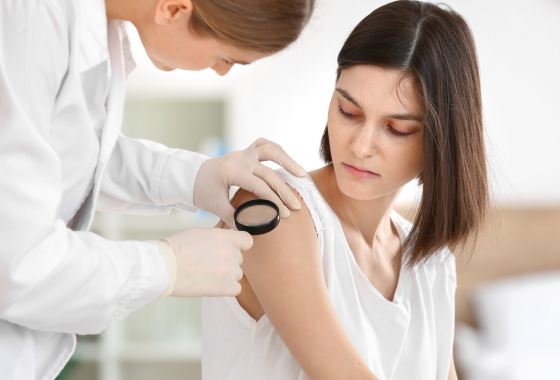
Specialty In Dermatoscopy
Skin cancer is a term used to describe tumors that develop from different types of skin cells. The common types of skin cancer are basal cell carcinoma, squamous cell carcinoma, and melanoma. Pro Derma Clinic provides dermoscopy as an optical screening tool for skin cancer. Dermoscopy uses microscopic technology to help doctors analyze and assess moles and other skin disorders that may not be visible to the naked eye. This enables them to find skin cancer. A skin biopsy may be performed to confirm a cancer diagnosis and learn more about the genetics of the tumor. Even though this is frequently obvious, dermoscopy is not used to reach a final diagnosis. Dermoscopy instead aids in deciding whether to remove a lesion and undergo histology.
Mole Mapping Dubai
Pro Derma excels in diagnosing melanoma by using advanced technology to digitally image and map lesions or skin diseases across the entire skin surface. Their photographic skin monitoring approach detects new melanocytic lesions or changes in existing ones, which could be an indication of melanoma. Early detection is key for successful treatment.
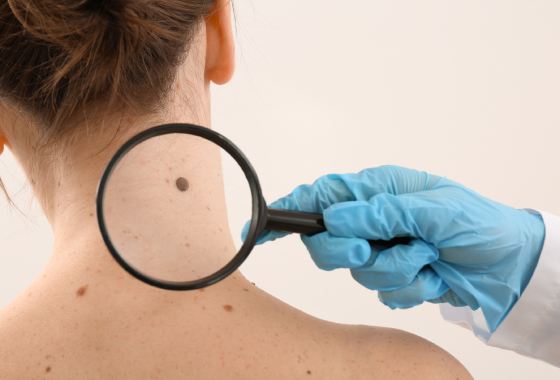
Cervix Cancer Screening Center Dubai Services
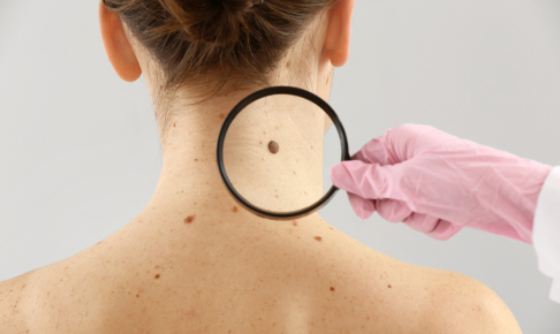
Skin Exam
Your entire body will be thoroughly examined during the consultation.
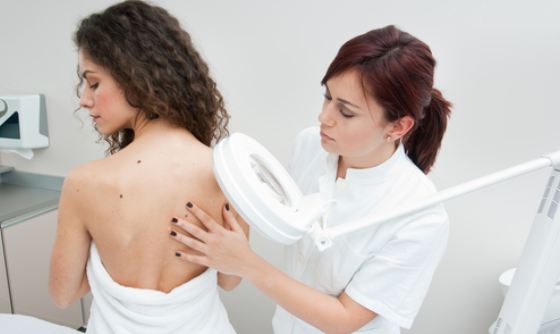
Dermoscopy And Mole Mapping
Dermoscopy is the term for the skin surface microscopic examination of the skin; skilled medical professionals can use this instrument to detect and diagnose skin cancers like melanoma.

Biopsy
If we discover anything worrisome during your skin check, we might perform a test to confirm the lesion is malignant before starting treatment.
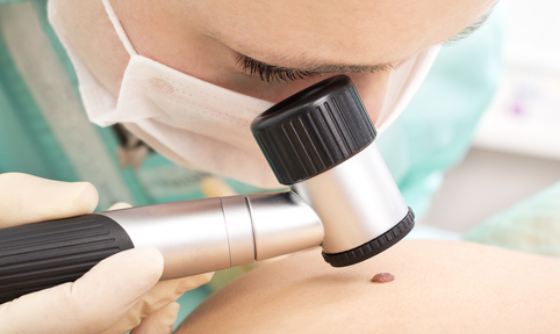
Warts And Mole Removal
Only when it is therapeutically necessary or at the patient’s request for cosmetic reasons we perform mole and warts removal Dubai.










